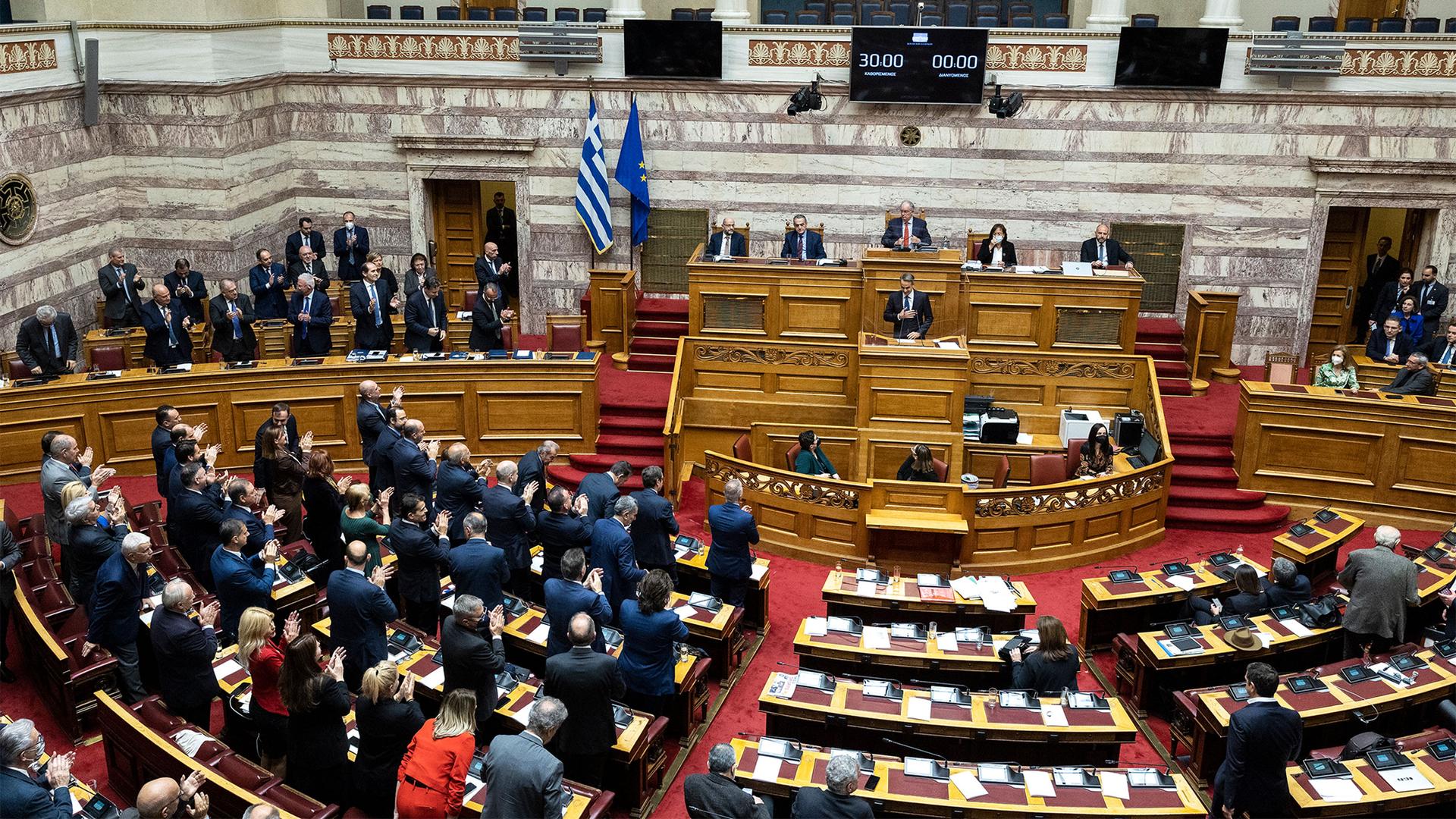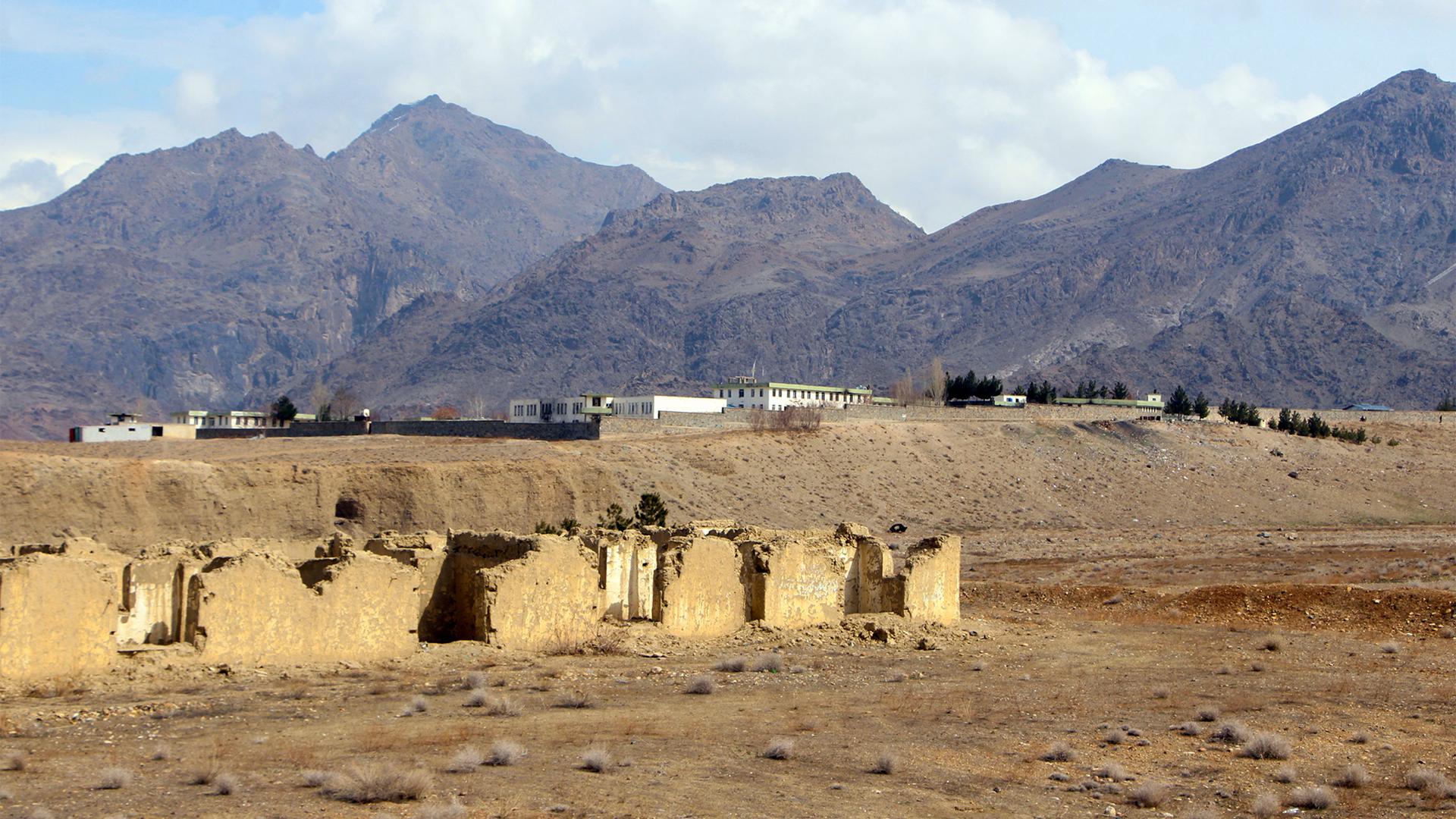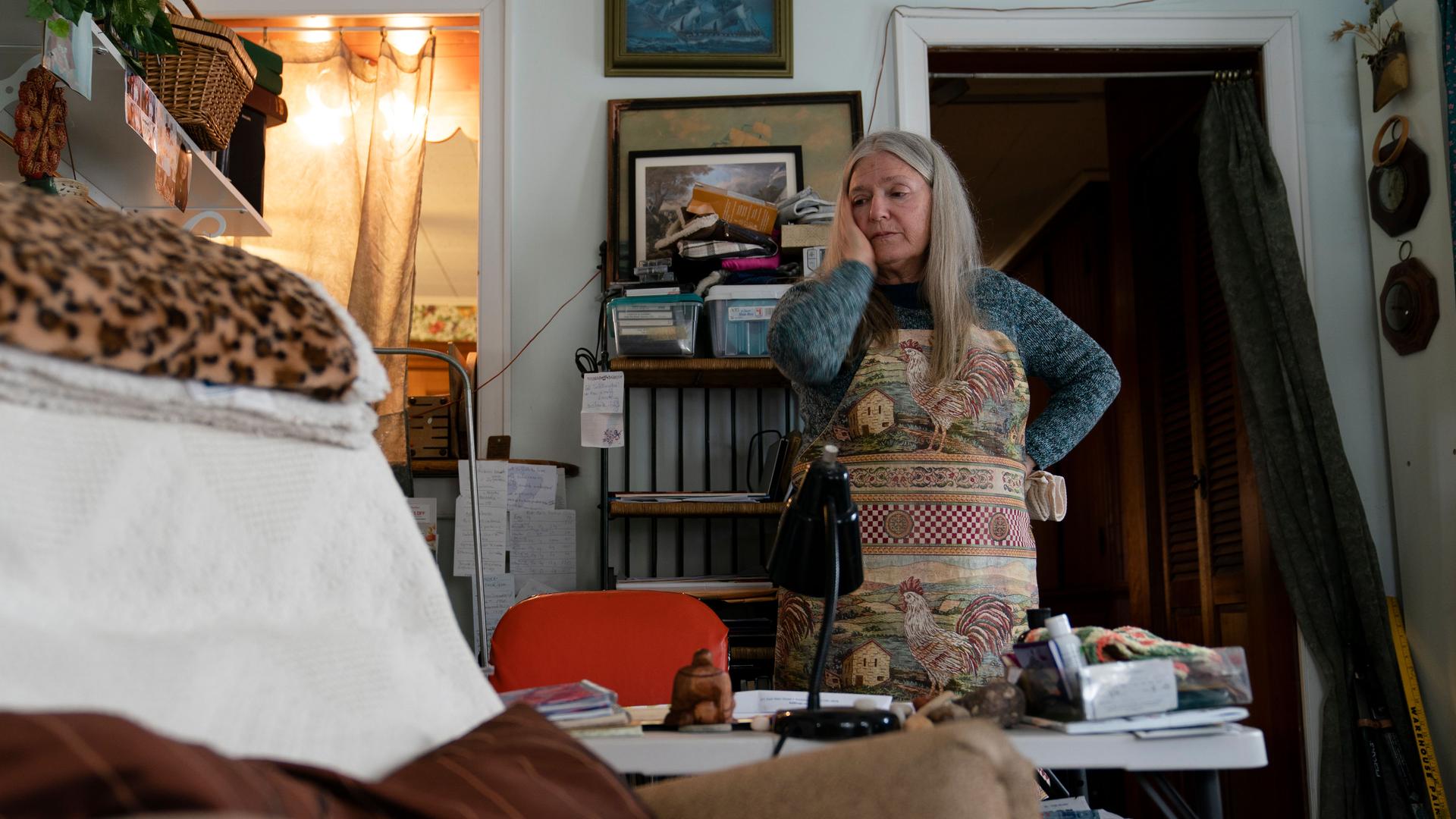Carol Hills
New Greek law blocks far-right party from running in upcoming election
Spyros Tsoutsoumpis, a lecturer in modern European history at the University of Manchester, discusses with The World’s host Carol Hills the implications of Greece banning the far-right Greek National Party from running in elections.
Why has polio emerged in the US, UK and Israel? A polio eradication expert weighs in.
New cases of polio have emerged in the US and Israel, and the disease has been detected in wastewater in the UK. Oliver Rosenbauer, the spokesperson for polio eradication at the World Health Organization, explains how some of them could be linked to the oral vaccine that’s long been used to prevent the disease.
MBS visits Ankara as Turkey attempts to repair relations with its regional rivals
Saudi Arabia’s Crown Prince Mohammed bin Salman met with Turkish President Recep Tayyip Erdoğan for talks in Ankara. The visit comes as Turkey seeks to repair ties with its regional rivals. Steven A. Cook at the Council on Foreign Relations in Washington spoke with The World’s host Carol Hills about the significance of the visit.
Return of Patrice Lumumba’s remains to DR Congo gives ‘peace of mind,’ UN envoy says
Belgium has returned the mortal remains of Congolese independence hero Patrice Lumumba to Democratic Republic of Congo and his family. Georges Nzongola-Ntalaja, DR Congo’s representative to the United Nations, discussed the move and its significance with The World’s host Carol Hills.
A Ukrainian nuclear plant survived Russian attack. But it raises security concerns over reactors in war zones, analyst says.
Atomic safety experts say that a war fought amid nuclear reactors represents an unprecedented and highly dangerous situation. Henry Sokolski, the executive director of the Nonproliferation Policy Education Center, talked with The World’s Carol Hills about the risks.
‘The torture of political prisoners is real’ in Uganda, says poet and free speech activist
Ugandan poet Stella Nyanzi talks about her friend, the satirist Kakwenza Rukirabashaija, and his torture while recently under military detention. His crime? Calling Ugandan President Yoweri Museveni’s son “obese” in a series of tweets last December.


